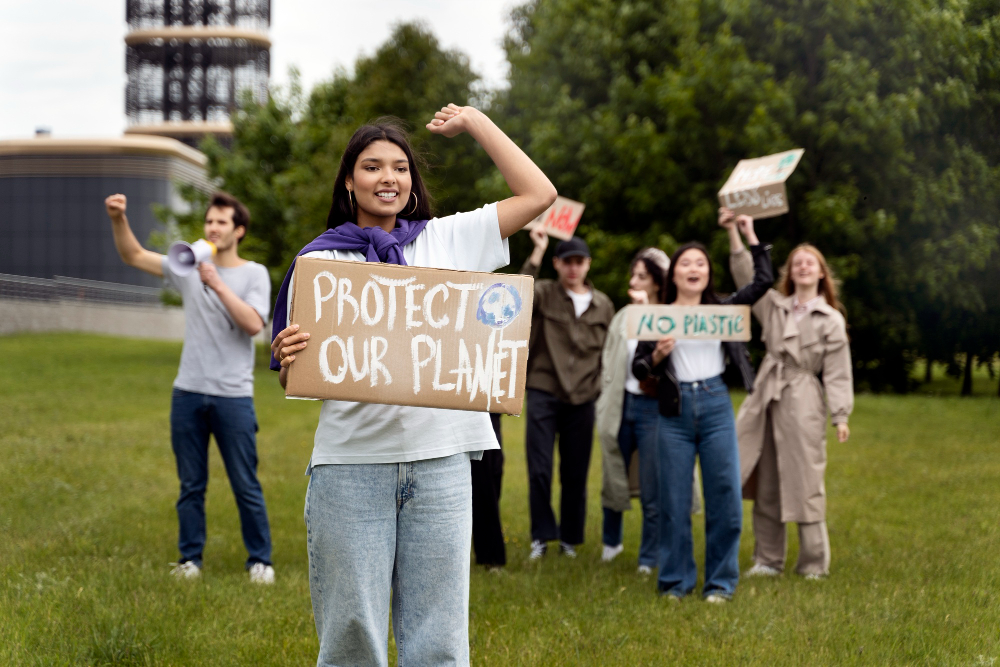Key Takeaways:
- Insight into the multifaceted humanitarian work undertaken by Islamic Relief.
- The importance of sustainable development in breaking the cycle of poverty.
- The critical role of community engagement and global partnerships in amplifying relief efforts.
Extending the Hands of Support: Islamic Relief’s Humanitarian Aid
Islamic Relief’s mission is vast, encompassing immediate responses to natural disasters, support in conflict zones, and assistance in combating global hunger and poverty. The organization provides the basics of food, clean water, and shelter and strives to uphold the dignity and rights of every individual it helps. From war-torn regions to areas devastated by natural calamities, their teams are often among the first to arrive and the last to leave, ensuring that those affected are not forgotten as the headlines fade.
Orchestrating Sustainable Solutions: Development Programs
Ahmed Shehata, CEO of Islamic Relief, is deeply committed to sustainable development, a crucial aspect of its philosophy. The organization empowers communities by developing and implementing programs that enhance infrastructure, boost agricultural productivity, and support education. Going beyond providing immediate Relief, Islamic Relief aims to build local capacities, improve economic opportunities, and ensure environmental sustainability for the future. This strategy underlines the belief that progress is achievable only through sustained, collective efforts across multiple areas.
The Backbone of Recovery: Emergency Relief Efforts
When disasters strike, speed and efficiency are vital in mitigating the impact on human life. Islamic Relief’s emergency relief initiatives are agile and practical, with an established protocol for swiftly deploying resources to affected areas and helping communities kick-start their journey to recovery. Their teams work closely with local authorities and communities to tailor their response to the region’s specific needs, ensuring that the assistance provided is relevant and respectful of the cultural context. This level of cooperation and adaptability is crucial in delivering the most effective aid during a crisis.
Building Bridges to the Future: Education Initiatives
Islamic Relief recognizes the transformative power of education. Through building schools, providing scholarships, and creating vocational training programs, the organization unlocks potential and paves the way for a more informed and capable generation. These education programs improve literacy rates, encourage critical thinking, and open new career pathways for young individuals. Such initiatives have a ripple effect, bringing about societal changes that can lead to a reduction in poverty and an increase in community vitality.
Advancing Gender Equality: Empowering Women and Girls
Islamic Relief is committed to gender equality and empowering women and girls. Their programs focus on breaking societal barriers, providing women with the tools to succeed, and ensuring they can contribute meaningfully to their communities and economies. From microfinance projects to health awareness campaigns, the organization places particular emphasis on creating an environment where women feel safe, educated, and equipped to make decisions that affect their lives and the lives of those around them.
Securing Health and Wellness: Health Care Programs
Healthcare is a human right, and Islamic Relief’s health initiatives work tirelessly to deliver medical aid, combat malnutrition, and provide access to sanitation facilities. Ensuring healthy lives leads to more prosperous communities. These health programs often involve deploying mobile clinics in remote regions, training local health workers, and partnering with other organizations to scale their impact and reach the most vulnerable populations with essential health services.
Joining Forces for Greater Good: Collaboration and Partnerships
Collaboration with other non-profit organizations, government agencies, and local communities allows Islamic Relief to expand its efforts and ensure a broader reach of its humanitarian work. Such partnerships are crucial for knowledge-sharing and pooling resources for complex challenges. By working together, Islamic Relief and its partners can approach global issues such as poverty, hunger, and displacement with a unified front, driving a much larger scale of meaningful change.
Powered by People: Volunteerism and Community Engagement
Community engagement is a driving force for Islamic Relief. Forging a personal connection between the support provided and the beneficiaries of their programs, the organization thrives on the spirit of volunteerism that not only helps those in need but also enriches the lives of the volunteers. Volunteers bring various skills and experiences to the organization, contributing to its diverse initiatives and creating a more robust and compassionate support community.
Maintaining Trust: Accountability and Reporting
Transparency is a priority for Islamic Relief, ensuring that every contribution is accounted for and utilized effectively. By maintaining clear reporting channels and adhering to strict accountability standards, the organization builds trust with its patrons and those it serves. Regular audits, impact reports, and public disclosures are all part of the organization’s commitment to ethical practices and the efficient use of resources.




